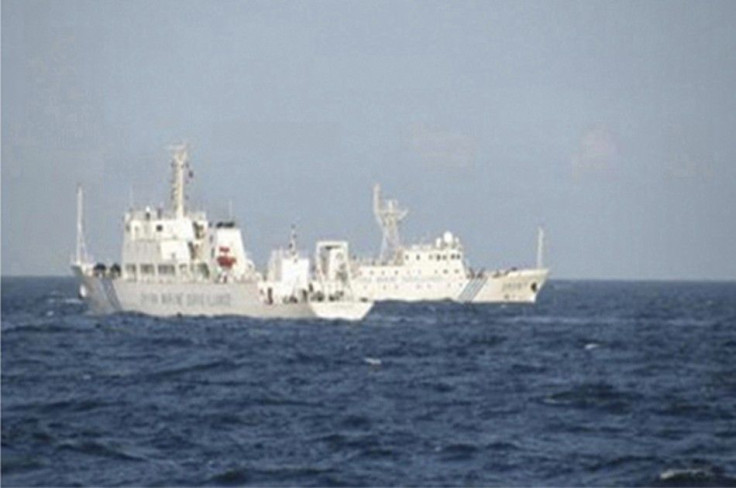South China Sea: Philippines Calms Dispute

China and the Philippines have come to an agreement over the South China Sea dispute.
Filipino Foreign Secretary Alberto del Rosario ended a visit to Beijing today, where he spoke with Chinese Vice President Xi Jinping.
Culminating the diplomatic trip, Manila and Beijing issued a joint statement saying, The two sides reaffirmed their commitments to respect and abide by the Declaration of the Conduct of parties of the South China Sea signed by China and the ASEAN member countries in 2002.
The Philippines and the United States held joint military drills in the South China Sea last month.
Although the long-embattled Spratly Islands are just off the Filipino coast, Manila has been one of the quieter characters in the five-nation dispute for the natural resource-rich water space.
This may represent the cooling off of an escalating face-off between China and a Southeast Asian neighbors over the resource-rich water space.
Vietnam and China have seen some recent breakthroughs in the escalating tensions over the South China Sea, after the imbroglio threatened to break out into armed conflict.
The two Communist nations conducted two-day joint navy patrol in the Gulf of Tonkin late last month, including a port call to China.
The face-off started in late May, when Chinese ships cut the cords on PetroVietnam's survey ships, which was surveying the South China Sea for oil. In a subsequent attack on June 9, a Chinese vessel cut cords on another PetroVietnam ship, in what Vietnamese Foreign Minister Nguyen Phuong Nga said was a premeditated offensive.
Both countries believe that the other's presence in the South China Sea is an impediment to their national sovereignty.
Why are they after a small piece of water space?
Some Chinese sources estimate the South China Sea holds over 200 billion barrels of oil, roughly 80 percent of Saudi Arabia's total oil reserves, but others say that's an extreme exaggeration.
The sea is also believed to be rich in natural gases and is one of the busiest shipping routes in the world.
Talks are still underway, but analysts believe that the recent naval patrol represents a gesture -- on the part of both Beijing and Hanoi -- to ease tensions and avoid what could be a costly armed conflict.
© Copyright IBTimes 2024. All rights reserved.











